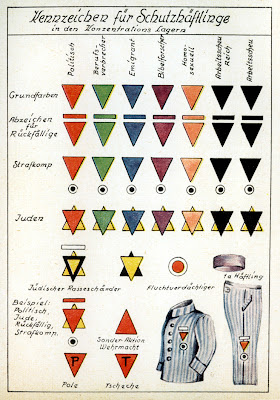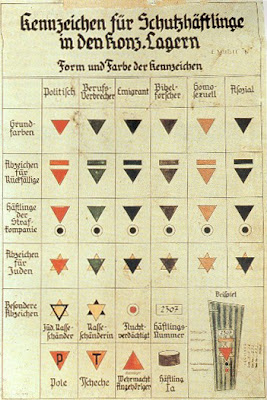from http://saltandlight2012.org/6th-world-conference-friends-epistle.
24 April 2012
To Friends Everywhere,
We greet you amid the beauty of the Rift Valley, surrounded by the welcoming embrace of Kenyan Friends. From April 17 to 25, 2012 close to 850 men and women from all the streams of Friends, coming from 112 yearly meetings and groups in 51 countries have gathered at Kabarak University near Nakuru to consider the theme "Being Salt and Light: Friends Living the Kingdom of God in a Broken World."
The colours, songs, movements, rich diversity and joyful spirit of Friends here gathered have inspired and uplifted us all. We have heard Friends from around the world, including several young, prophetic voices, speak on the theme. They gave a wide variety of interpretations of salt and light in a biblical context and also in how we can apply its meaning to life in our world today.
The call that brought us together was to be salt and light as we live out the Kingdom of God. We received this call with a real sense of urgency in these times of natural disasters, violence, global change, and unequal access to basic needs. We have been reminded that we are sometimes too preoccupied with being heavenly to be useful on Earth. We see this as a challenge to not detach ourselves from the wider society in hope that this will bring us closer to God. Rather, we need to be present and engaged in our communities, while remaining attentive to the Still, Small Voice, in order to allow the Spirit to work through us.
'The Religious Society of Friends--the Friends Church-- is about nothing if it is not about transformation' in the words of one of our speakers. As Friends we feel called to try to return to the conviction and simple faith of our Quaker ancestors and their transformed lives, so that we may once again become a prophetic people, speaking to God's purposes in these times.
We first have to look inward, both as individuals and as a religious society. Can we end our internal strife? Can we reach out in love to one another as Jesus commanded? We may not understand liberal/evangelical/programmed/unprogrammed Friends but we are Friends. The diversity of Friends at this conference has provided us with an opportunity to live out our testimonies to equality and truth. Our ability to do so has been put to the test. We found ourselves reluctant to go beyond polite acceptance and avoidance of difference. We are not united in all of our attitudes and beliefs, yet we choose to come together to listen, to share, and to hear things we may find uncomfortable and upsetting. As we choose to seek connection in the midst of our differences, we witness the power of God to bless and heal. We may not always understand each other fully, but we are united in our yearning for transformation. We are united in God.
We live in a broken world. We were moved to realise that so many of us here carry a sense of grief, loss, failure or hurt. We were forced to recognise the brokenness in us and in our Religious Society. A speaker challenged us to consider that brokenness may also be opportunity. We are uncomfortable with feeling brokenness and seeing it around us, yet from it we gain strength, empathy and compassion. Rather than trying to heal our brokenness as quickly as possible, we challenge ourselves - and Friends everywhere - to consider what God's plan could be for a hurting individual, and for a hurting community.
We know that the Kingdom is come and coming. We pray that we may experience the Kingdom of God within ourselves here and now, so that we may live it more fully in transforming this world. In this we anticipate the everlasting Kingdom, in which the world will be made whole.
Here in Kenya, we remember the post-election violence that shook this nation in 2008, and the courageous stance taken by our brothers and sisters. We invite all Friends to join us in prayer for Kenyan Friends who are working even now for the prevention of conflict, and for their whole nation as their elections approach. We pray also for all people facing conflict and violence in the world.
Early on in our time together, we were asked the same question that God asked Elijah on Sinai: "What are you doing here?" In the latter half of the conference we have considered many queries that have come out of our work together in small groups. Each of these queries asks, in one way or another, "What will you do after you leave here?" We bear these queries with us, as they are for all Friends to discern how God is leading.
The inward voice of Christ Jesus is what will answer these questions for us. May we be faithful in listening to that voice once we have returned from this gathering. As Christ leads all of us, we can become the salt of the Earth and the light of our broken world.

